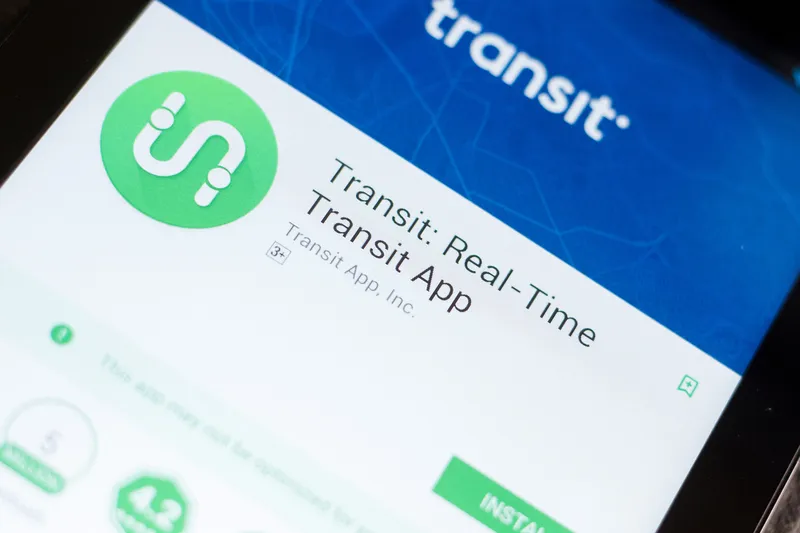
The Regional Transportation Commission of Southern Nevada (RTC) has entered an agreement to provide customers with real-time crowding information via the Transit app.
RTC says the new feature helps riders make informed decisions about trip planning and social distancing.
Transit is an app that allows users to navigate public transit with real-time predictions, tip planning, navigation and payments. It also integrates bike-sharing, scooters, car-sharing and ride-hailing.
MJ Maynard, RTC chief executive officer, says: “As we continue to navigate through this pandemic, we are operating our transit vehicles at a 50% capacity to allow riders to practice safe social distancing."
"We’ve made this safety commitment to our passengers, and we are taking that commitment a step further by providing our riders with valuable real-time information so they can make educated decisions about how and when to travel.”
Transit provides a map showing live locations of transit vehicles along the route. The vehicle icon is expected to display the last update of the vehicle's location but also its current crowding level listed as 'many seats', 'some seats' or 'very limited seats'.
A vehicle below 50% of the Covid-19 capacity is classified in the app as 'many seats'.
Buses between 50-90% appear as 'some seats' while those above 90% are shown as 'very limited seats'.
David Block-Schachter, chief business officer at Transit, describes this kind of information as a “huge step” in helping riders feel confident getting on the bus.
“And not just during the pandemic: it also makes a big difference if you use a wheelchair, you’re carrying big luggage or you just want to feel more comfortable,” he continues.
“Even after the pandemic, crowding information is sure to benefit RTC customers.”
Riders can also share how crowded they perceive the bus to be by using Transit’s Go step by step navigator.
Comparing the crowdsourced reports against passenger count data from the RTC will provide important insights into how customers feel about crowding levels onboard, the RTC adds.
Transit is available to download for iPhone and Android phones. Customers can purchase their pass within Transit or via the rideRTC app.










